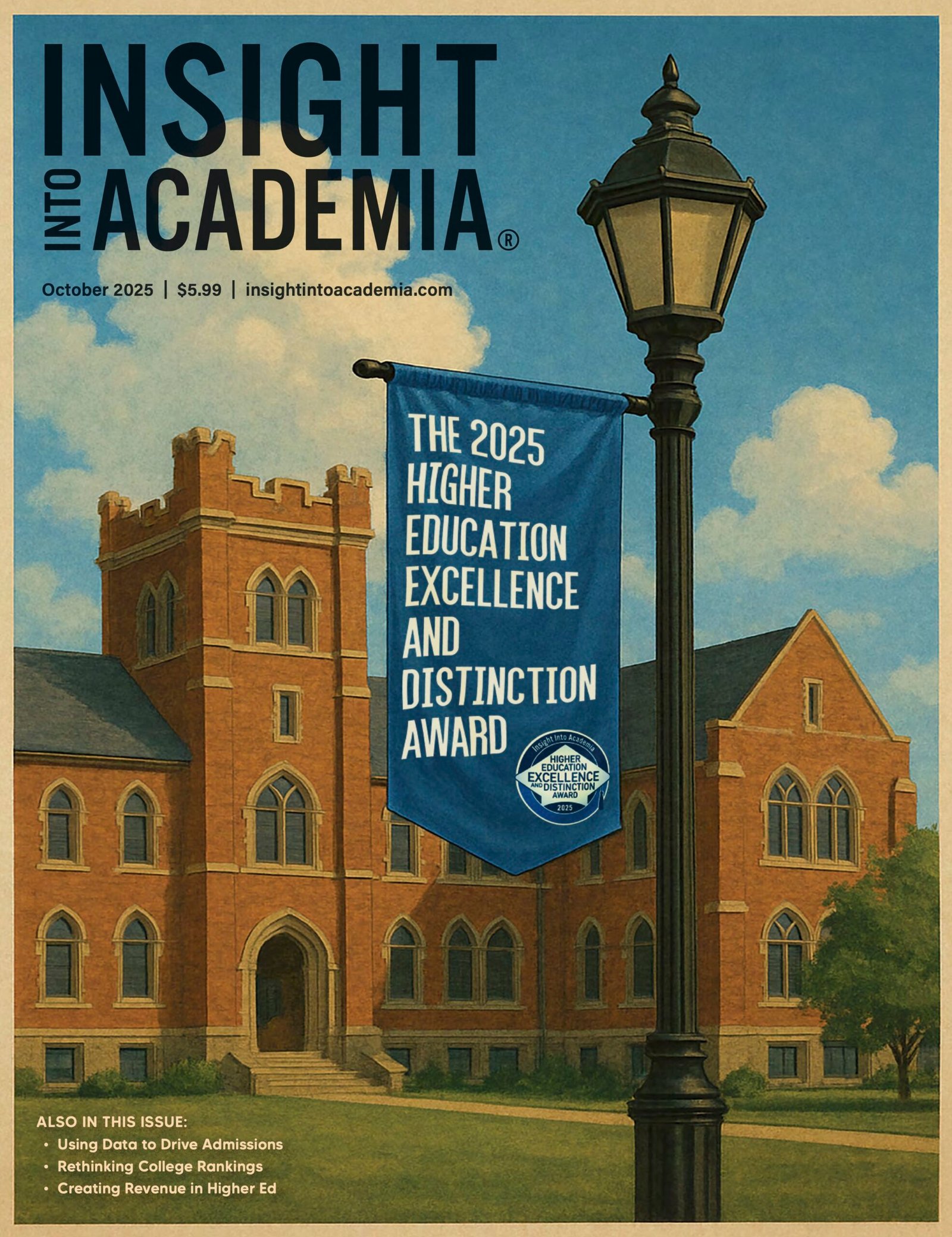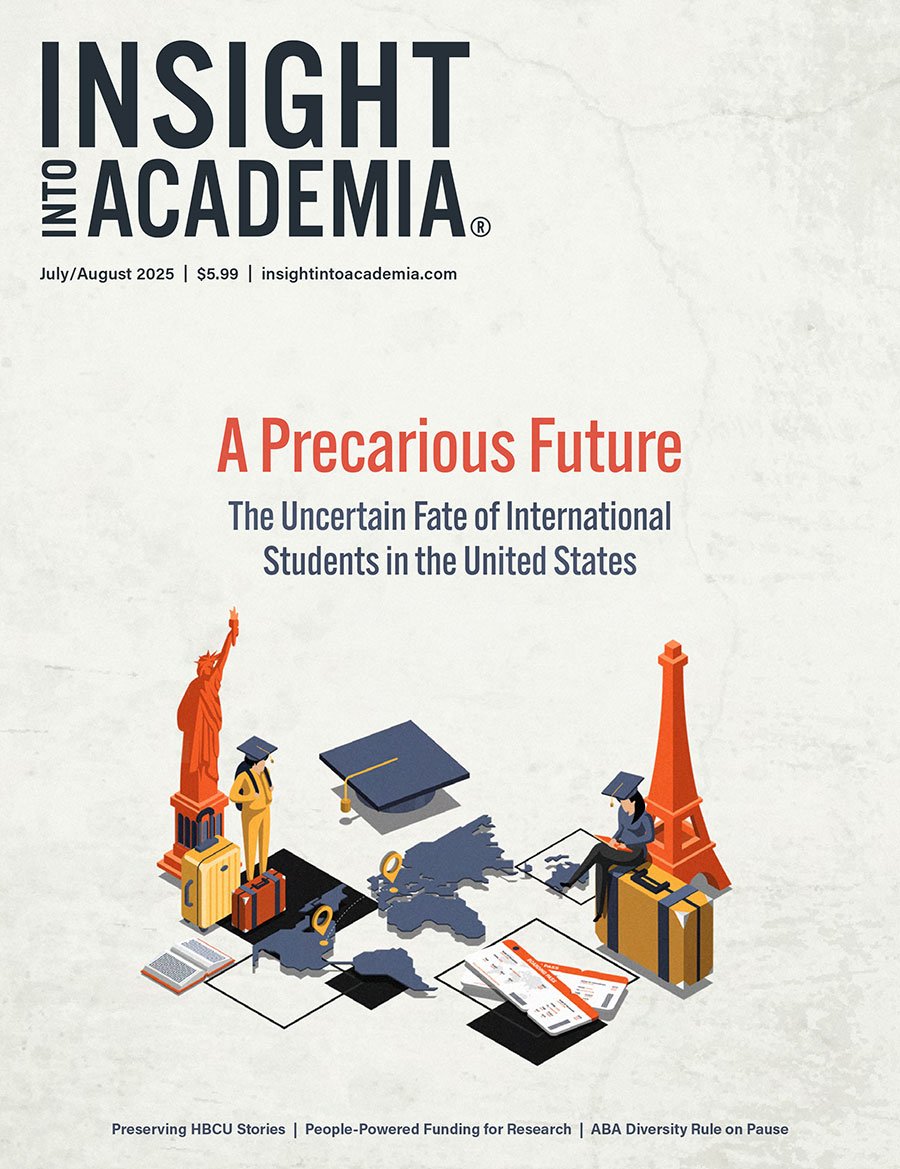Universities and industries are increasingly called upon to support neurodiverse students, and the study and field of engineering is one area seeing an upward trend. Alarmingly, only 20% of college graduates with autism are fully employed. Even more concerning, neurodiverse individuals face higher college dropout rates, which stems from both a lack of awareness by faculty and staff on how to help these students be successful as well as a dearth of necessary support services.

The challenge is compounded by the fact that not all students disclose their neurodivergence, often due to stigma or the lengthy process of obtaining a diagnosis.
Recognizing these challenges, institutions such as Vanderbilt University, University of Connecticut, and Northeastern University are prioritizing the development of support systems for neurodiverse students in engineering studies. These aim not only to facilitate academic success but also to prepare them for fruitful careers.
The Cooperative Education program at Northeastern University’s College of Engineering integrates classroom learning with professional experience, providing neurodiverse students with a critical bridge to employment, and offering employer education to help them transform their workplace into a space where neurodiverse talent can thrive.
By partnering with employers who value the unique perspectives and skills of affected individuals — such as outof-the-box thinking and attention to detail — Northeastern is making strides in reducing the underemployment gap in this field and ensuring more students find jobs and are able to gain economic independence and personal autonomy after graduation.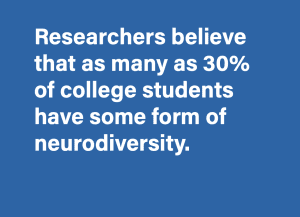
Vanderbilt University School of Engineering leverages the now permanently endowed Frist Center for Autism and Innovation to pioneer technological and workplace innovations inspired by neurodiversity through a truly community-based approach. The center partners researchers with experts in neuroscience and education to explore new technologies and workplace practices that utilize the unique abilities of these individuals, thereby fostering a strengths-based rather than deficit-based understanding of neurodiversity.
The Frist Center currently employs several staff members who have autism, and insists on the presence and direct involvement of neurodiverse individuals in its work, progress, and programs whenever possible.
Through its INCLUDE program, funded by a $2 million grant from the National Science Foundation, University of Connecticut is making systemic changes to create a university ecosystem that will impact an engineering student’s entire educational experience.

neuroinclusive teaching institute.
INCLUDE emphasizes a strength-based, personalized learning approach and aims to cultivate the potential of neurodiverse students to contribute to breakthroughs in engineering. Through the initiative, which is currently focused on promoting neuroinclusive teaching practices, several civil and environmental engineering courses have been redesigned for these students in order to improve their educational experience.
These universities not only address individual needs but are also working together, alongside College Autism Network — a nonprofit dedicated to improving the educational experiences of neurodiverse students — to de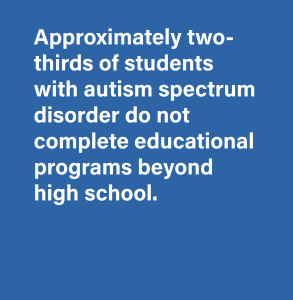 velop comprehensive strategies such as training for faculty and staff to enhance understanding and support of neurodivergence, and programs fostering self-advocacy, leadership, and self-identity among neurodiverse students to empower them from campus to career.
velop comprehensive strategies such as training for faculty and staff to enhance understanding and support of neurodivergence, and programs fostering self-advocacy, leadership, and self-identity among neurodiverse students to empower them from campus to career.
The benefits of these initiatives are extensive, leading to heightened acceptance of neurodiversity, early identification and support, enhanced sense of belonging, increased retention, and ultimately, improved diversity and operational agility in the workforce.
According to Beverley Gibbs, PhD, director of the Dyson Institute of Engineering and Technology, there is strong research emphasizing the unique advantages that neurodiverse individuals offer, particularly in engineering fields. These include divergent thinking, a propensity for risk-taking, advanced three-dimensional visualization abilities, pattern recognition, and systems thinking.
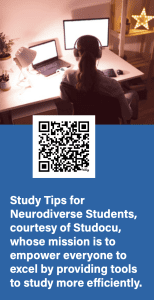 The significance of these capabilities has led some companies to proactively seek out neurodiverse individuals as a key component of their strategic hiring initiatives, moving beyond merely complying with social responsibility mandates.
The significance of these capabilities has led some companies to proactively seek out neurodiverse individuals as a key component of their strategic hiring initiatives, moving beyond merely complying with social responsibility mandates.
However, despite these strengths, research from the United States indicates that the recruitment and retention rates for neurodiverse students have traditionally been poor, and challenges remain. There is a critical need for broader awareness and adoption of best practices to support impacted students. Moreover, continuous efforts are vital to ensure these support systems are inclusive, sustainable, and effectively integrated into existing university and industry structures.
As more institutions recognize and harness the potential of neurodiverse students, particularly in demanding, highly skilled fields like engineering, a significant shift toward truly inclusive education and employment landscapes is increasingly possible.●












